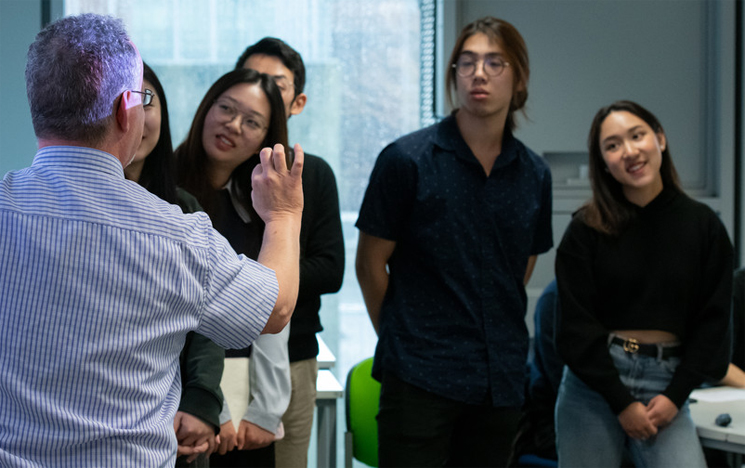International development
Study for a semester or year at a university ranked first in the world for Development Studies*. Discover our international development modules and be inspired by world-leading experts. If you're unsure what to study, follow our top tips for how to choose a module.

Browse our modules
You can see our full list of international development modules below.
Year 1
Year 2
Year 3
- Autumn Semester
-
Spring Semester
- Critical Hope in Global Health: From Big Pharma to Local Wellbeing
- Designing Alternatives for Development
- Development, Business and Corporate Social Responsibility
- Development Tools and Skills
- Education, Justice & Liberation
- Political Ecology and Environmental Justice
- Political Ecology and Environmental Justice
- Stage 3/4 Elective Spring
Not sure how to choose?
Follow our top tips for choosing your modules. You can also find out about our teaching structure, assessment process and how your credits transfer back to your home institution.
Find out more.
Which school will I study in?
You'll study in the International Development department, which is part of the School of Global Studies.
We are the world’s highest ranked university for the study of Development Studies.*
Find out more.
Our Development research
Our staff focus on understanding processes of social exclusion, marginalisation and inequality. We are engaging with initiatives for social justice and activist movements in the UK and abroad. Our academics are pushing the boundaries of development thinking.
Our research influences the way we teach, and you learn from academics at the forefront of their fields.
Find out more.
Contact us
If you are studying at Sussex for a semester or year and have questions, email sussexabroad@sussex.ac.uk.
*QS World University Rankings by Subject 2020. **(Our campus is nine minutes by train from Brighton & Hove) survey by accommodation providers Student Living by Sodexo. Rankings based on full undergraduate degree at Sussex.